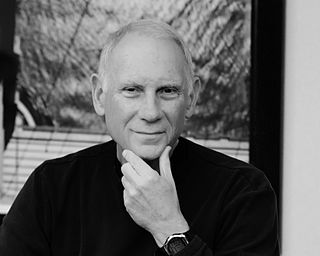A Quote by Dogen
Know that the true dharma emerges of itself [during the practice of zazen], clearing away hindrances and distractions.
Related Quotes
The zazen I speak of is not learning meditation. It is simply the Dharma gate of repose and bliss, the practice-realization of totally culminated enlightenment. It is the manifestation of ultimate reality. Traps and snares can never reach it. Once its heart is grasped, you are like the dragon when he gains the water, like the tiger when she enters the mountain. For you must know that just there (in zazen) the right Dharma is manifesting itself and that, from the first, dullness and distraction are struck aside.
The art of dharma practice requires commitment, technical accomplishment, and imagination. As with all arts, we will fail to realize its full potential if any of these three are lacking. The raw material of dharma practice is ourself and our world, which are to be understood and transformed according to the vision and values of the dharma itself. This is not a process of self- or world- transcendence, but one of self- and world- creation.
To think that practice and realization are not one is a heretical view. In the Buddha Dharma, practice and realization are identical. Because one's present practice is practice in realization, one's initial negotiating of the Way in itself is the whole of original realization. Thus, even while directed to practice, one is told not to anticipate a realization apart from practice, because practice points directly to original realization.
We underestimate the value of patience. It is possible that people might sometimes interrupt our meditation sessions or Dharma study, but they can never take away our opportunity to train in inner virtues such as patience. It is this mental training, rather than outer virtuous activities, that is the essence of Dharma practice.
While you are continuing this practice, week after week, year after year, your experience will become deeper and deeper, and your experience will cover everything you do in your everyday life. The most important thing is to forget all gain ing ideas, all dualistic ideas. In other words, just practice zazen in a certain posture. Do not think about anything. Just remain on your cushion without expecting anything. Then eventually you will resume your own true nature. That is to say, your own true nature resumes itself.
Perhaps Westerners are in a better position to practice true renunciation than uneducated Orientals because most Western people, by the time they come to the Dharma, have led a pretty full worldly life with lots of sensual pleasures, money and lots of toys to play with. They have seen that the path of accumulation of worldly treasure does not lead to happiness or contentment. That's why they come to the Dharma.



































